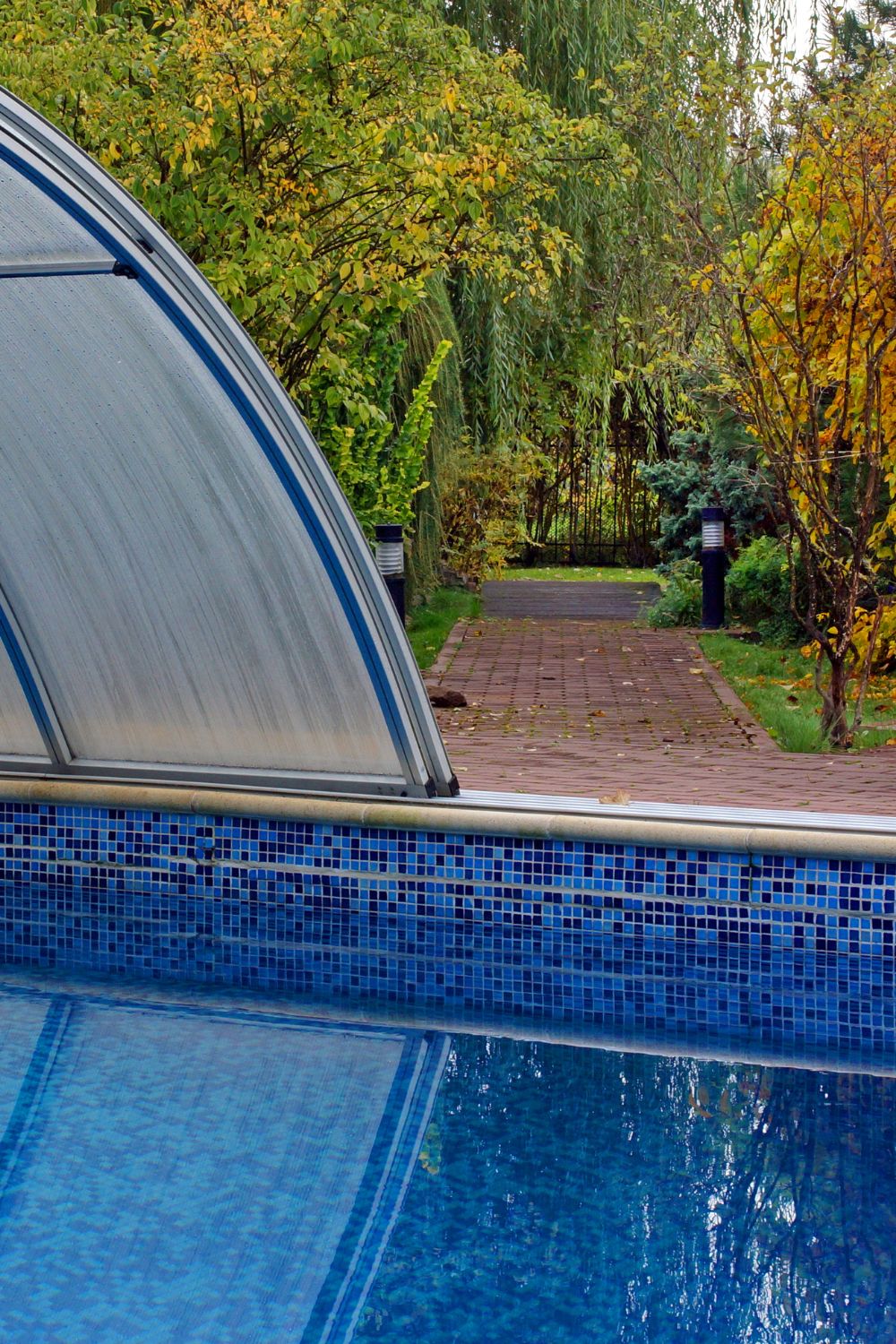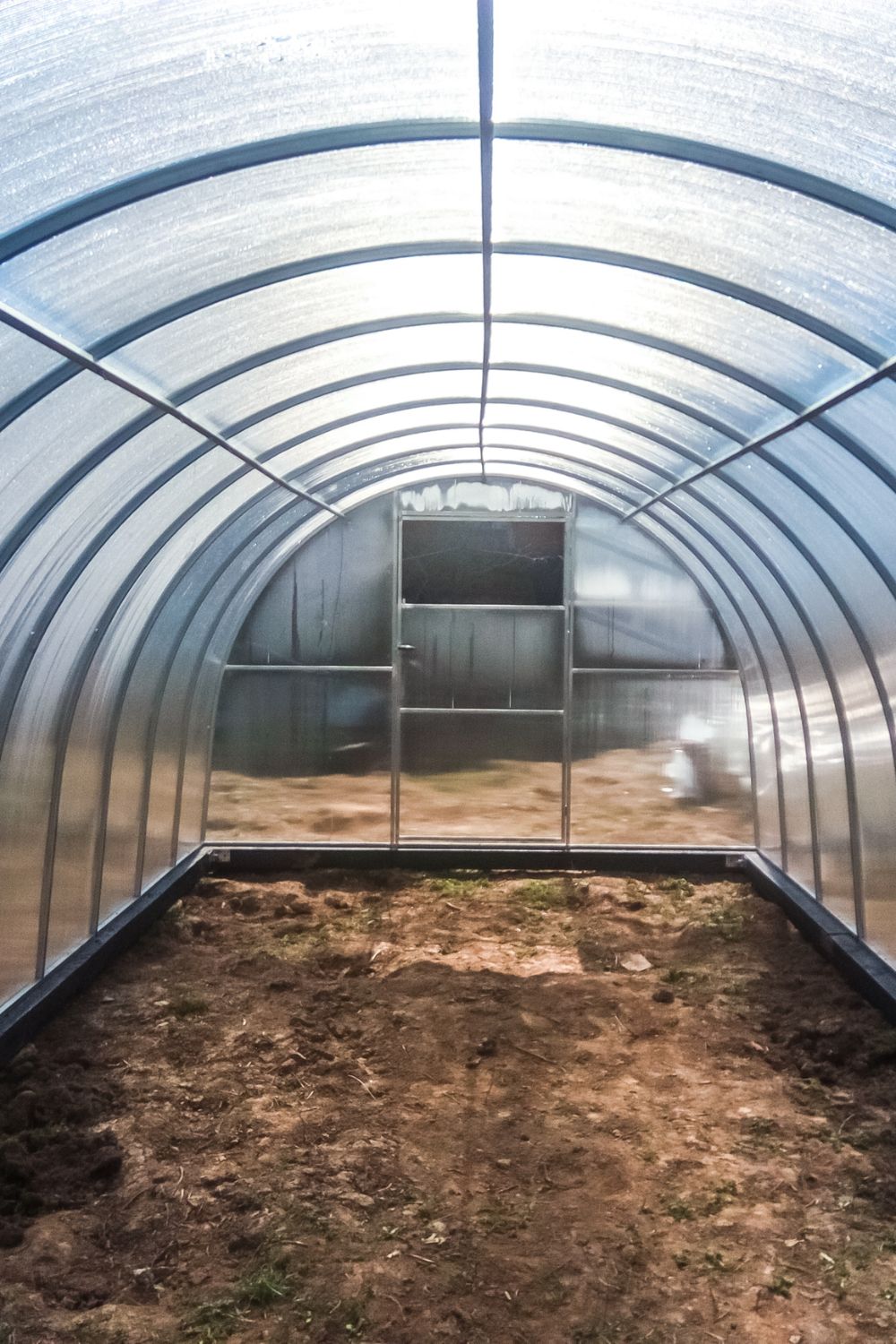Are you looking into polycarbonate roofing? Is Polycarbonate Roofing Worth It? Find out more!
Is Polycarbonate Roofing Worth It?
In the world of construction and home improvement, roofing materials are critical to both the aesthetics and functionality of a building. Among the plethora of options available, polycarbonate roofing stands out for its unique blend of features and benefits. This article explores the advantages and disadvantages of polycarbonate roofing to determine if it’s a viable option for your next project.
A Closer Look at Polycarbonate Roofing
Polycarbonate is a thermoplastic material known for its incredible strength and flexibility. This makes it an ideal candidate for a variety of roofing applications, from industrial buildings to residential greenhouses. The material comes in various forms, including multi-wall panels, corrugated sheets, and clear solid sheets, offering versatility in application and design. But, when considering polycarbonate for roofing, it’s essential to understand its specific characteristics and how they translate into real-world performance.Polycarbonate’s lightweight nature and high impact resistance make it a popular choice for areas prone to severe weather conditions, as it can withstand hail and strong winds effectively. For homeowners looking to combine the benefits of polycarbonate with professional installation, consulting an expert roof repair company in Chesterfield ensures the material is applied correctly and performs at its best.
The Advantages of Polycarbonate Roofing
Polycarbonate roofing boasts a myriad of benefits that make it an attractive choice for many. Firstly, its durability is unparalleled. Polycarbonate is resistant to impact, weather, and UV radiation, ensuring a long lifespan with minimal maintenance. This resistance to environmental factors makes polycarbonate an ideal material for areas prone to severe weather conditions.
Furthermore, polycarbonate roof sheets allow for the transmission of natural light, reducing the need for artificial lighting during the day. This feature is particularly beneficial for applications like greenhouses, where light penetration is crucial for plant growth. Additionally, polycarbonate is lightweight compared to other roofing materials like glass or metal, simplifying the installation process and reducing the load on the building’s structure.
Considerations and Downsides
Despite its many advantages, polycarbonate roofing is not without its drawbacks. One of the primary considerations is its cost. While polycarbonate roofing is more affordable than high-end materials like glass, it still represents a significant investment compared to options like PVC or acrylic. Additionally, if not properly treated, polycarbonate can be susceptible to scratching and can become discoloured over time due to UV exposure, affecting its aesthetic appeal.
Insulation is another factor to consider. Polycarbonate sheets, especially those that are thinner, may not offer the same level of insulation as other roofing materials. This can lead to higher heating costs in colder climates, though this issue can be mitigated by opting for multi-wall polycarbonate panels, which provide better insulation thanks to their internal structure.
A Spectrum of Applications
The flexibility of polycarbonate extends beyond its physical properties to its wide range of applications. From commercial greenhouses that demand durability and light transmission to residential patios seeking a touch of elegance and weather resistance, polycarbonate roofing can meet a diverse set of needs. Its ability to be moulded into various shapes and its availability in different colours and finishes also make it a popular choice for architectural projects aiming for a modern, distinctive look.
Verdict: Balancing Benefits and Drawbacks
Evaluating whether polycarbonate roofing is worth the investment requires a careful consideration of its benefits and limitations. Its durability, versatility, and light-transmitting properties present a compelling case for its use in various settings. However, potential buyers should weigh these advantages against the material’s cost, maintenance requirements, and insulation capabilities.
A Clear Perspective
In conclusion, polycarbonate roofing offers a unique combination of durability, versatility, and aesthetic appeal, making it an option worth considering for many projects. While it may not be the perfect fit for every scenario, its strengths in specific applications cannot be overlooked. Whether you’re constructing a commercial greenhouse or upgrading your home’s patio, polycarbonate roofing deserves a place in your list of material considerations. By carefully assessing your project’s specific needs and budget, you can determine if polycarbonate roofing is indeed a worthwhile investment for your next endeavor.


Leave A Reply!